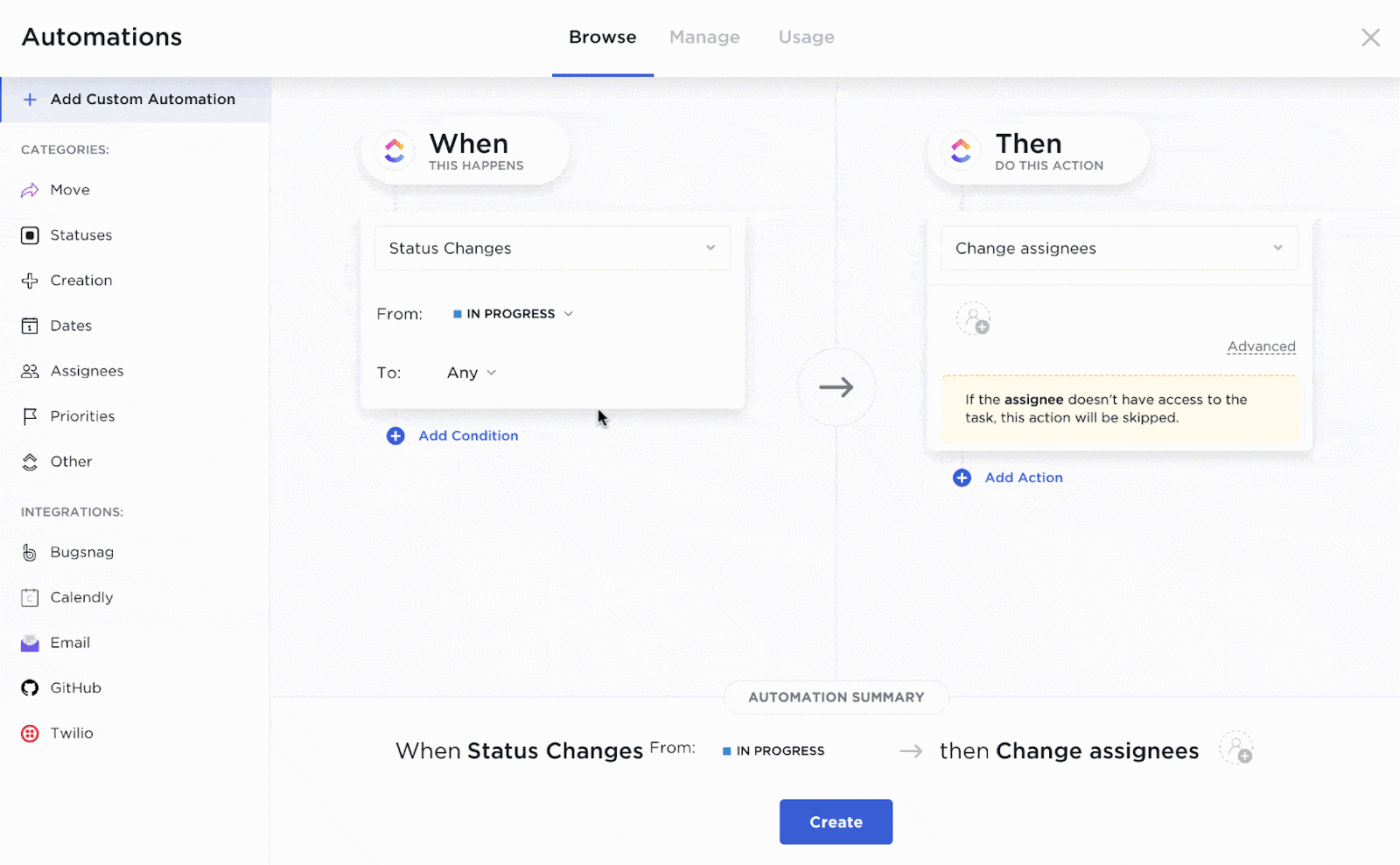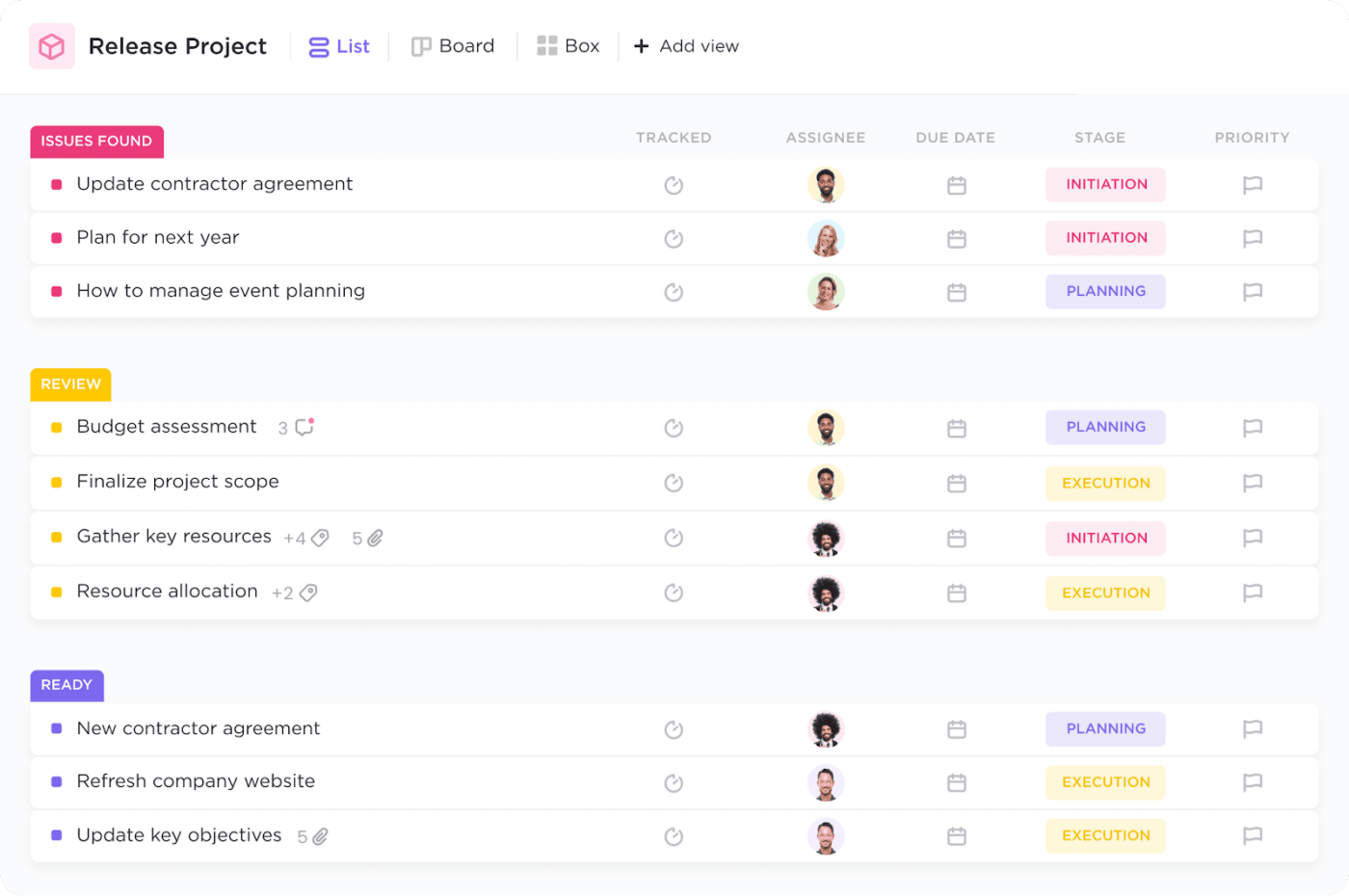How to Integrate AI into Your Website

Sorry, there were no results found for “”
Sorry, there were no results found for “”
Sorry, there were no results found for “”

Have you ever considered integrating AI into your online business presence?
An average customer experience can hurt your business’s edge over the competition. Today, business owners aim to exceed expectations and sprinkle moments of delight along their customers’ journey.
AI makes it easier to enhance various aspects of your website so that you can offer a better experience to your visitors and customers. You’ll find AI tools handy for efficiently meeting your audience’s needs.
AI does what humans do—but faster, cheaper, and more reliably.
But how do you start leveraging it?
Simple. Implement AI in your website in one of the following ways:
Today, we’re distilling why you need to integrate AI, the pros and cons, and how to integrate AI into a website.
Let’s get right into it.
Artificial intelligence (AI) is a broad field of computer science concerned with creating intelligent machines capable of performing tasks typically requiring human intelligence.
Planning to integrate AI into your website to enhance the visitor and customer experience? Use ClickUp’s Website Development Template to build better websites—faster and more efficiently! 🚀
AI’s natural language processing ability to understand language and make autonomous decisions distinguishes it. Take a look at the features:
Also Read: The must-know glossary of AI terms
We’ve seen what AI means, but how relevant is it to your business presence on the web?
Let’s understand the roles AI and machine learning (ML) play in websites and other aspects, such as natural language processing, that help AI understand context and generate output based on human input.
Websites are getting smarter, faster to build, and more user-friendly through AI tools. AI’s contributions to web design, search engine optimization, and development are multifaceted. Here’s a breakdown:
Integrating AI into various platforms and applications affects how we interact with technology and approach various tasks.
AI can help automate repetitive and time-consuming tasks to free up time and boost productivity across various industries and activities. It makes data-driven decisions possible by analyzing vast amounts of data to identify patterns and trends. This allows for more objective, accurate, and optimized efforts for success.
You can personalize your user experiences by tailoring website content, recommendations, and interfaces to individual users based on their preferences and behavior. Provide 24/7 customer support, answer questions, resolve issues, and assist users with AI-powered tools. Users will find your platform more convenient and efficient anytime and anywhere.
AI can help you automate tasks previously considered too complex or challenging for machines.
Innovation inspiration can kick in anytime! AI’s ability to analyze vast amounts of data and identify patterns allows for discovering new valuable insights and solutions to complex problems.
Using AI and ML, you can analyze your data and identify patterns indicative of fraudulent activities to prevent financial crimes and cyberattacks. Protect both your users and organizations from malicious activities.
While AI integration offers numerous benefits, it’s crucial to acknowledge its potential drawbacks and implement measures to mitigate them:
AI algorithms can perpetuate societal biases if trained on data that reflect those biases. This can lead to discriminatory outcomes in areas like loan approvals, hiring practices, and criminal justice.
How to handle:
AI automation can potentially replace specific jobs, particularly those involving repetitive tasks. It raises concerns about unemployment and the need for workforce retraining.
How to handle:
Complex AI models can be difficult to understand, making it challenging to explain their decision-making processes. This lack of transparency can raise concerns about accountability and fairness.
How to handle:
The development and deployment of AI raise several ethical concerns, such as potential misuse of surveillance, privacy violations, and the development of autonomous weapons.
How to handle:
AI systems can be vulnerable to hacking and manipulation, potentially leading to security breaches and safety hazards.
How to handle:
Most top websites integrate artificial intelligence (AI) today for specific reasons. It can improve your site’s user experience, optimize website performance, and drive business growth. Here’s a breakdown of how to do it:
Recommend products, articles, or videos based on past user interactions, the way Amazon does. Amazon recommends products based on your past purchases, browsing history, and ratings through AI.
Machine learning algorithms analyze user behavior data, including browsing history, clicks, and search queries. Use it to adjust website layouts and prioritize content based on user preferences. You can also refine search results based on user intent and past searches.
Collect and inspect user data, such as browsing history, purchase behavior, and demographics. Based on these insights, recommend relevant products, increasing the likelihood of conversions and customer satisfaction.

Offer basic customer service or answer frequently asked questions through chatbots. NLP allows chatbots to understand user queries phrased in natural language.
Use AI-powered conversation tools to qualify leads and schedule appointments. Sephora’s chatbots are programmed to answer customer questions about products, recommend makeup based on skin tones, and even help schedule appointments for beauty services.
For example, like Sephora, you can guide your users towards relevant products or services based on their conversations with the chatbot.
You can analyze vast amounts of data and identify patterns to generate content with ML. Use it to generate outlines or draft content based on trending topics or user interests.
Create personalized product descriptions that resonate with different user segments. Based on user preferences, you can suggest relevant articles, videos, or social media content.
Persado is an excellent example of an AI-powered platform that can help you personalize and create more relevant and engaging marketing content.

Use it to analyze vast amounts of data, including customer demographics, psychographics, and behavioral data, to identify the most effective language and messaging for each customer segment.
Adjust prices and offer personalized promotions based on market trends, competitor analysis, and user behavior. Use these strategies to optimize your pricing strategies and boost eCommerce sales 😃.
Analyze your website traffic data, user behavior, and conversion rates through machine learning and A/B testing optimization. Fetch insights into user search intent and optimize website content for better search engine rankings.
Use the insights to analyze campaign performance and target resources toward the most effective strategies.
SurveyMonkey, a popular survey platform, leverages AI to go beyond simple data collection. Their AI technique automatically classifies text responses as positive, negative, or neutral.
Imagine analyzing hundreds of open-ended questions about customer satisfaction. AI can help you sort sentiments, allowing for a quick understanding of overall customer perception.
Sales teams juggle numerous leads, but you want to make closing more manageable. Use AI to analyze customers’ data, buying history, and online behavior to predict their sales readiness. This lets you prioritize high-potential leads and allocate time strategically.
AI writing assistants like ClickUp Brain can help you with different aspects of content creation and content management, such as:
Integrating AI into your website can significantly enhance user experience, engagement, and overall functionality.
Let’s look at how you can integrate AI into a website to meet your business goals.
Step 1: Understand what you want to achieve by integrating AI into your website.
Do you aim to improve user interactions, personalize content, automate tasks, or optimize website performance?
Step 2: Identify specific areas within your web application where AI can add value.
Consider tasks that involve repetitive actions, require intelligent decision-making, or benefit from personalization.
Step 3: Research different AI technologies and tools available, considering factors like functionality, ease of integration, and compatibility with your development environment. Popular options include:
Select tools that cater to your specific needs and skillset. Some options offer user-friendly interfaces and pre-built models, while others require more technical expertise for customization.
The integration process will vary depending on your chosen technology and development framework. Some tools, like ClickUp, provide APIs or SDKs that simplify integration, while others might require custom code development.
Many AI marketing tools and marketing strategies require training data to function effectively. Gather relevant data sets that accurately represent your target users and the tasks your AI model will handle.
Train and test your AI model rigorously to ensure accuracy, performance, and bias-free decision-making. Continuously monitor and refine your models based on user interactions and performance data.
Once integrated, continuously monitor the performance and impact of your AI features. Track user engagement, further analyze data, collect user feedback, and identify areas for improvement.
Be prepared to iterate and adapt your AI implementation based on user behavior, market trends, and advancements in AI technology.
Here are some AI-powered features to implement, categorized by their purpose:

Aligning AI integration with your business goals is crucial to ensure it delivers real value and contributes to success. Here’s how to achieve effective alignment:
Start by clearly outlining your overall business goals and objectives. These could include increasing sales, improving customer satisfaction, streamlining operations, or entering new markets.
Analyze your business goals and operations to identify areas where AI can add value. Consider tasks that involve:
Research AI options and select tools that directly map to your identified areas of application and business goals. Consider factors like:
Integrate the chosen AI solution into your workflows while ensuring proper data security and ethical considerations. Continuously monitor the performance of your AI implementation and its impact on your business goals. Track key metrics like:
Based on your monitoring and results, be prepared to refine your AI implementation. This may involve:
Combine ClickUp and AI’s powerful features to plan and execute a website development or enhancement project. Generate content, break the project into actionable steps, and track your progress.
ClickUp Brain lets you create talking points for landing pages, blog outlines, video scripts, FAQs, and any other content needed to get the website up and running quickly. You can also edit these collaboratively with your team in ClickUp Docs.
Assuming you’re looking to implement a website project, here are a few of the many task management features to help you coordinate the project:
With ClickUp Brain MAX, your website project gets an even bigger boost from AI. Brain MAX offers advanced, context-aware suggestions for every stage of your website build as it is connected to all apps.
By integrating ClickUp Brain MAX into your website workflow, you empower your team to move faster, collaborate smarter, and launch a site that stands out—all within a single, unified platform.
Check out this video to see how Brain MAX integrates with every part of your work—calendar, projects, chats, and more—making website development a breeze.
ClickUp Dashboards is versatile for visualizing project data and task status. You can incorporate AI with ClickUp to analyze this data and provide insights to inform website decisions. For instance, AI can read through all your data to automatically identify which website elements users interact with the most or which landing pages have the highest conversion rates. Use this information to optimize your website design and user experience.


With ClickUp Tasks, you can automate almost everything. This includes assigning tasks, tracking progress, and managing deadlines. The Tasks assistant can analyze your project data, recommend resources, or identify potential roadblocks.
Artificial intelligence can significantly improve the user experience and performance of your website. In addition, you can use AI to handle the grunt work of website development and management so that you have time for more strategic and creative activities.
An AI-powered project management tool like ClickUp can help you run the website project efficiently and ensure that work is done as planned. Whether you are a solopreneur or running a busy team, you can save much time and effort with ClickUp. Moreover, you can outsource your regular copy and content creation and management tasks to ClickUp Brain, freeing up your time and accelerating project timelines.
Get started with ClickUp today for free!
© 2026 ClickUp